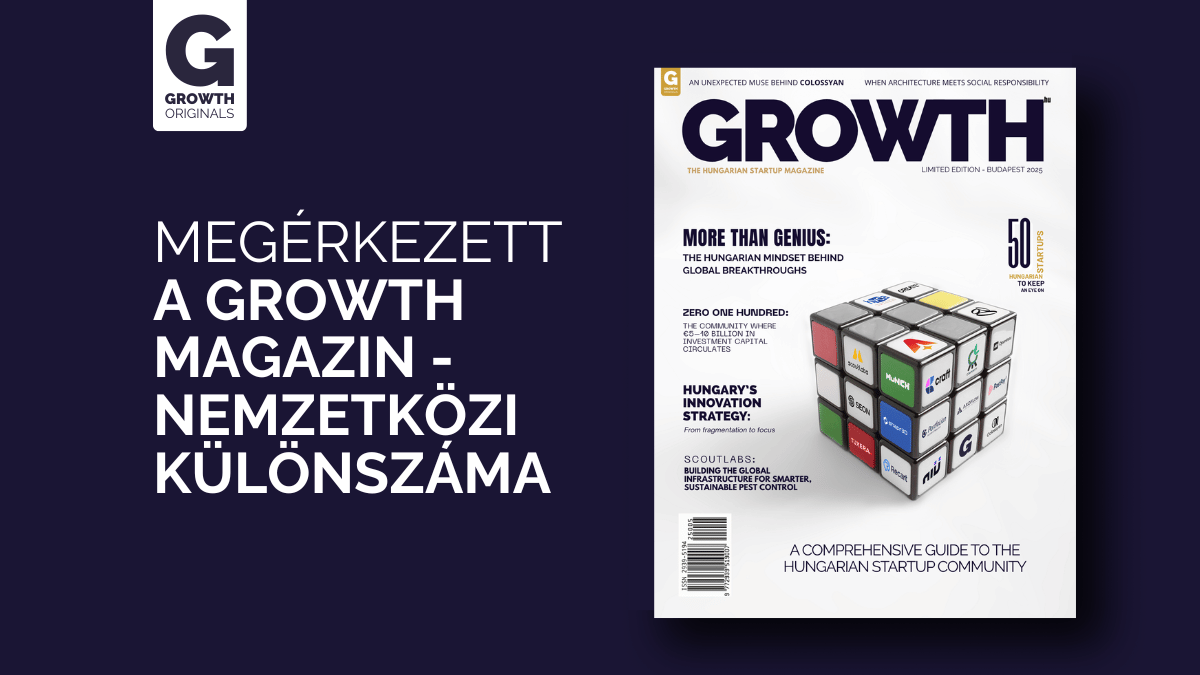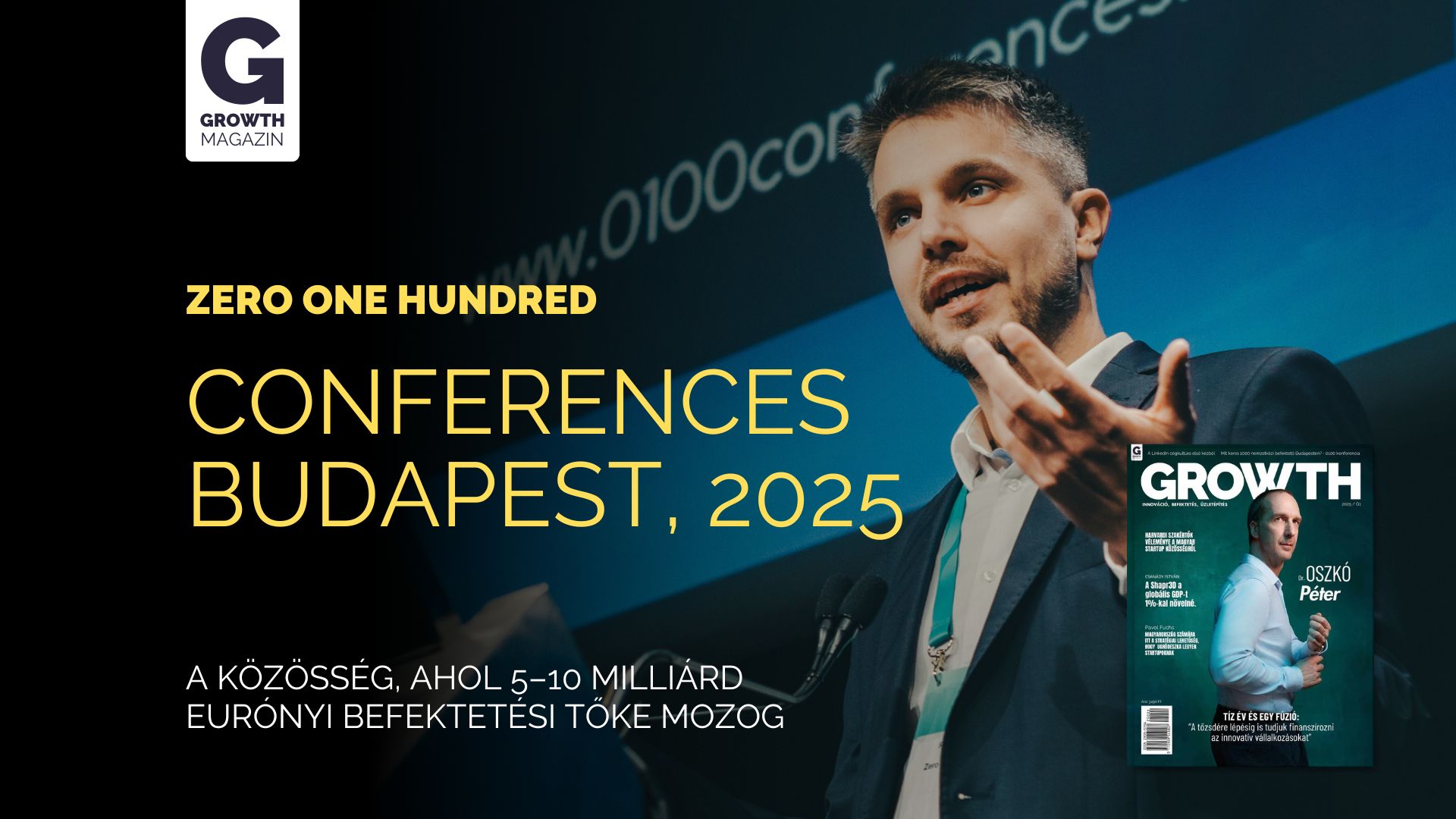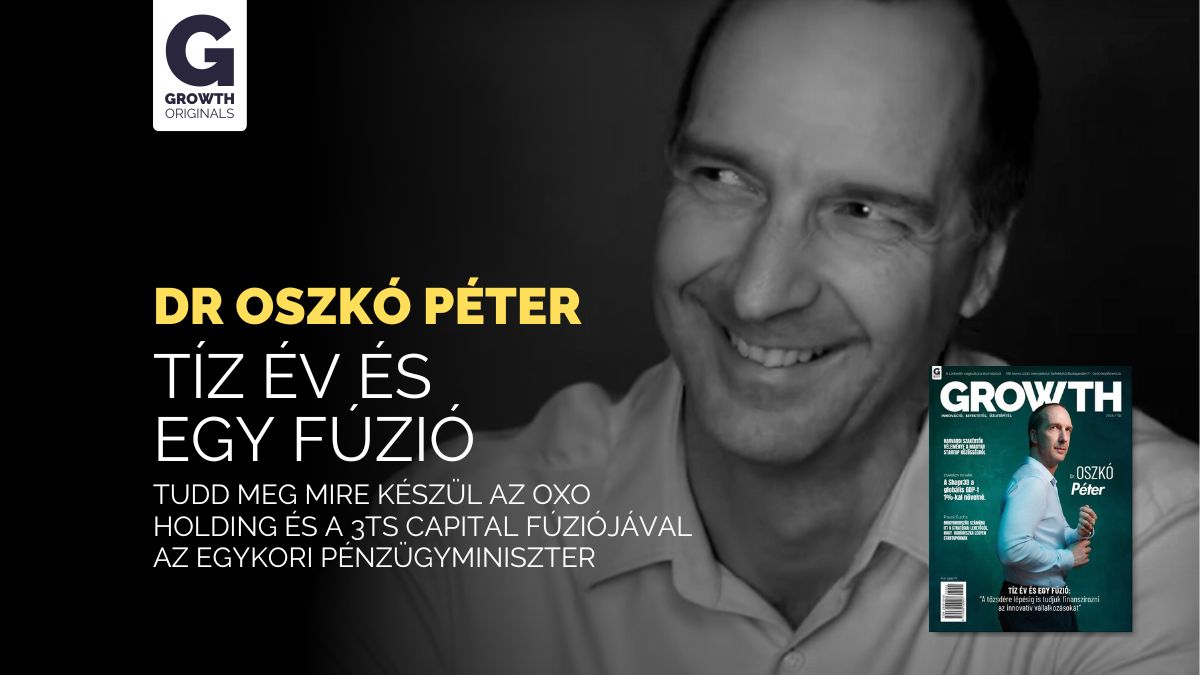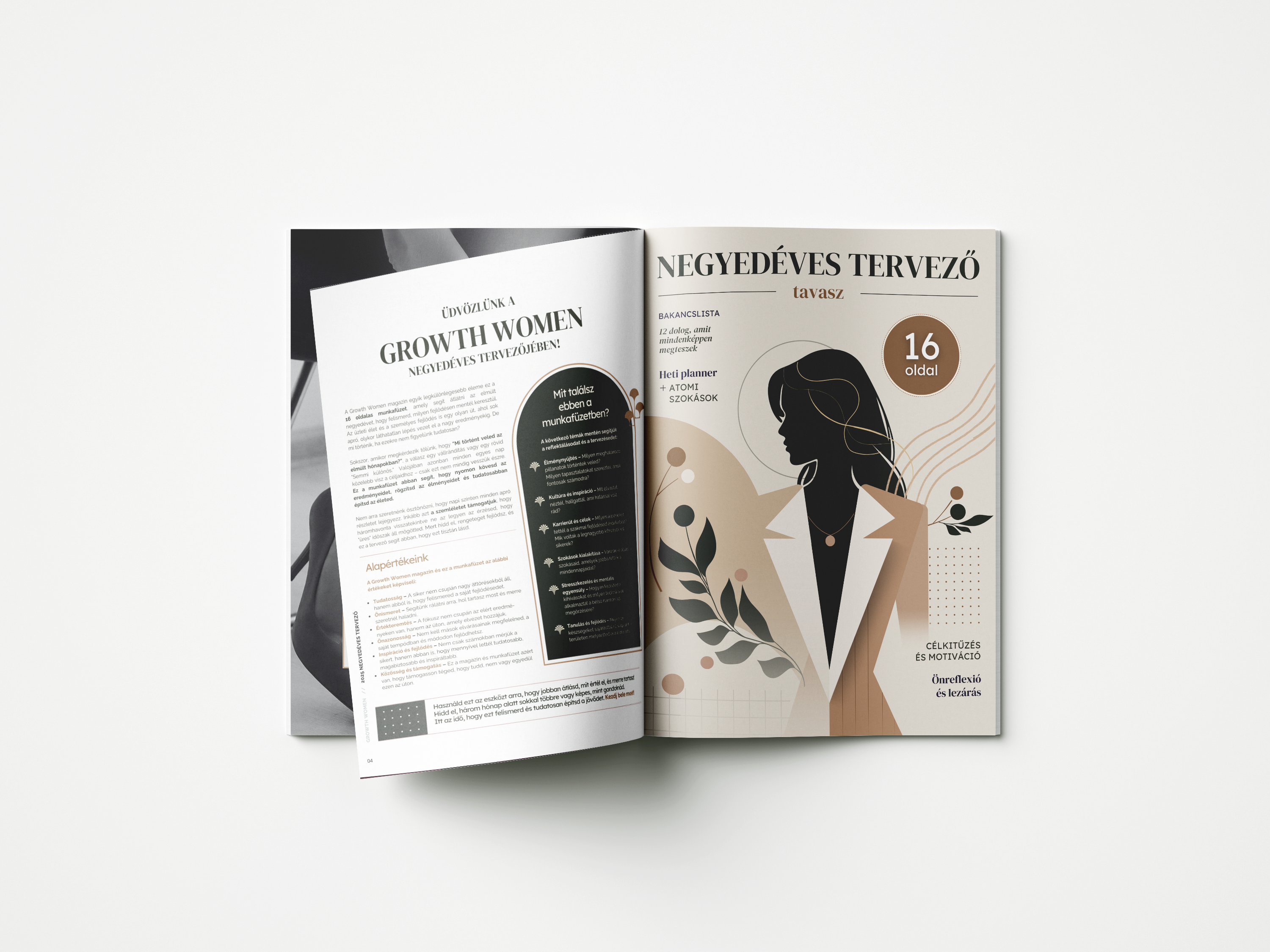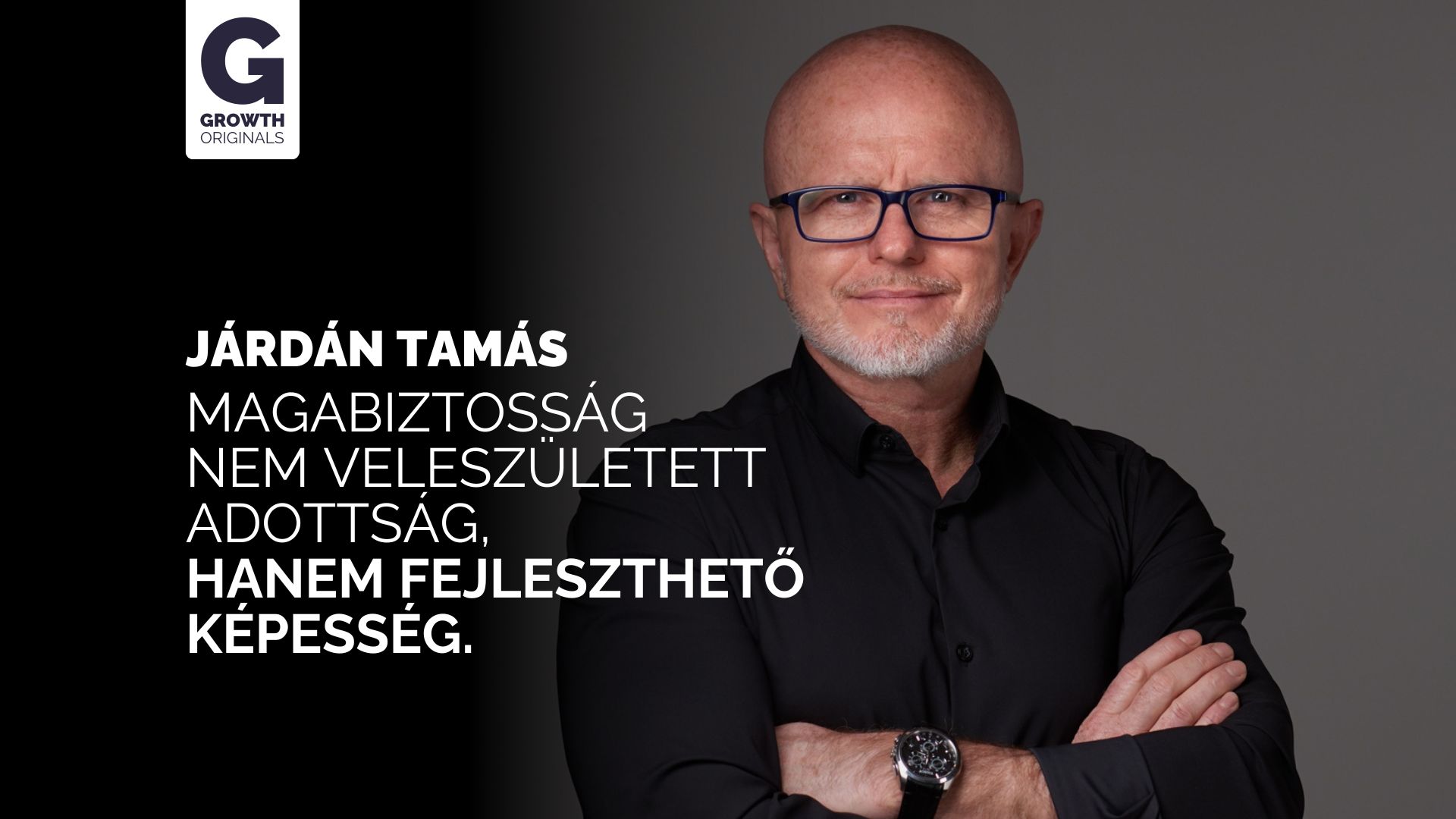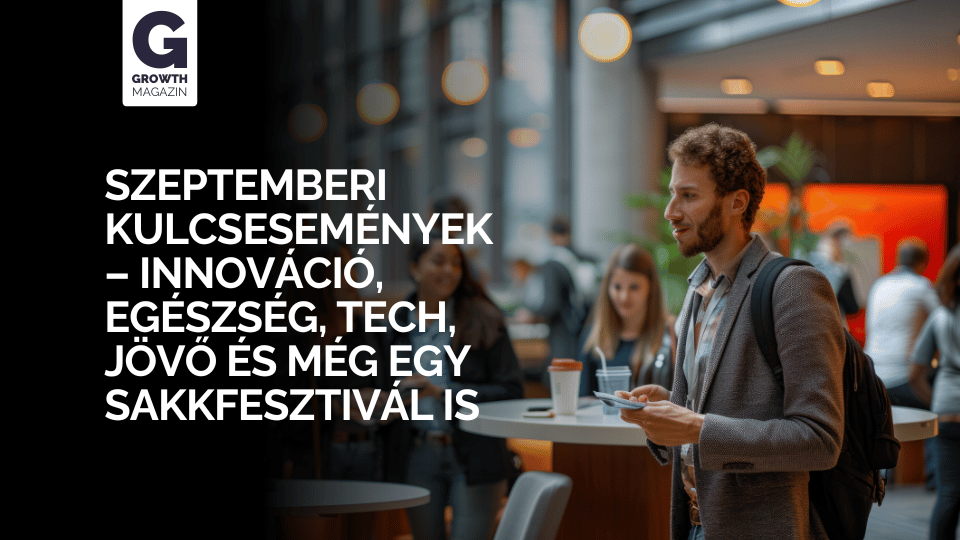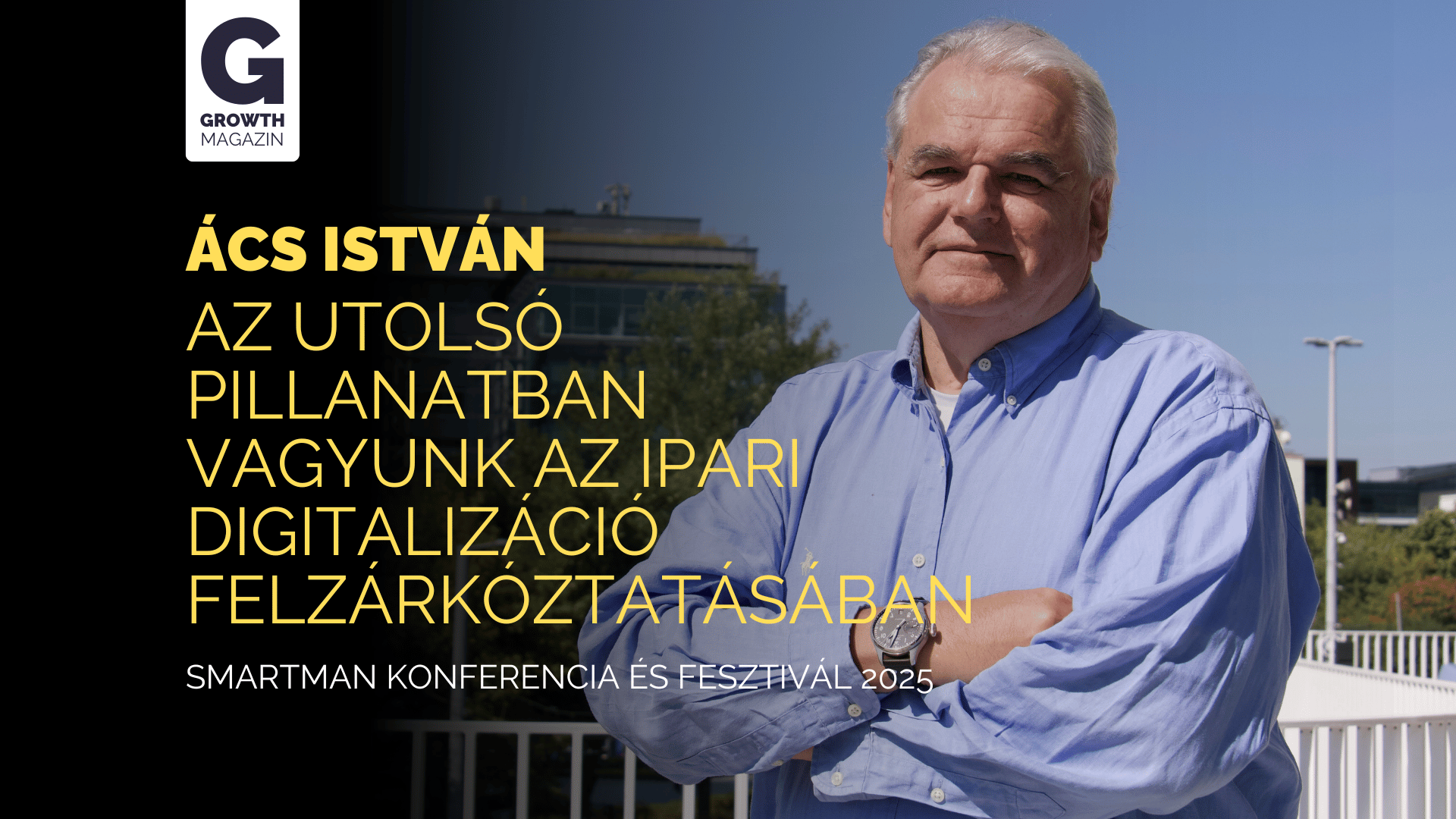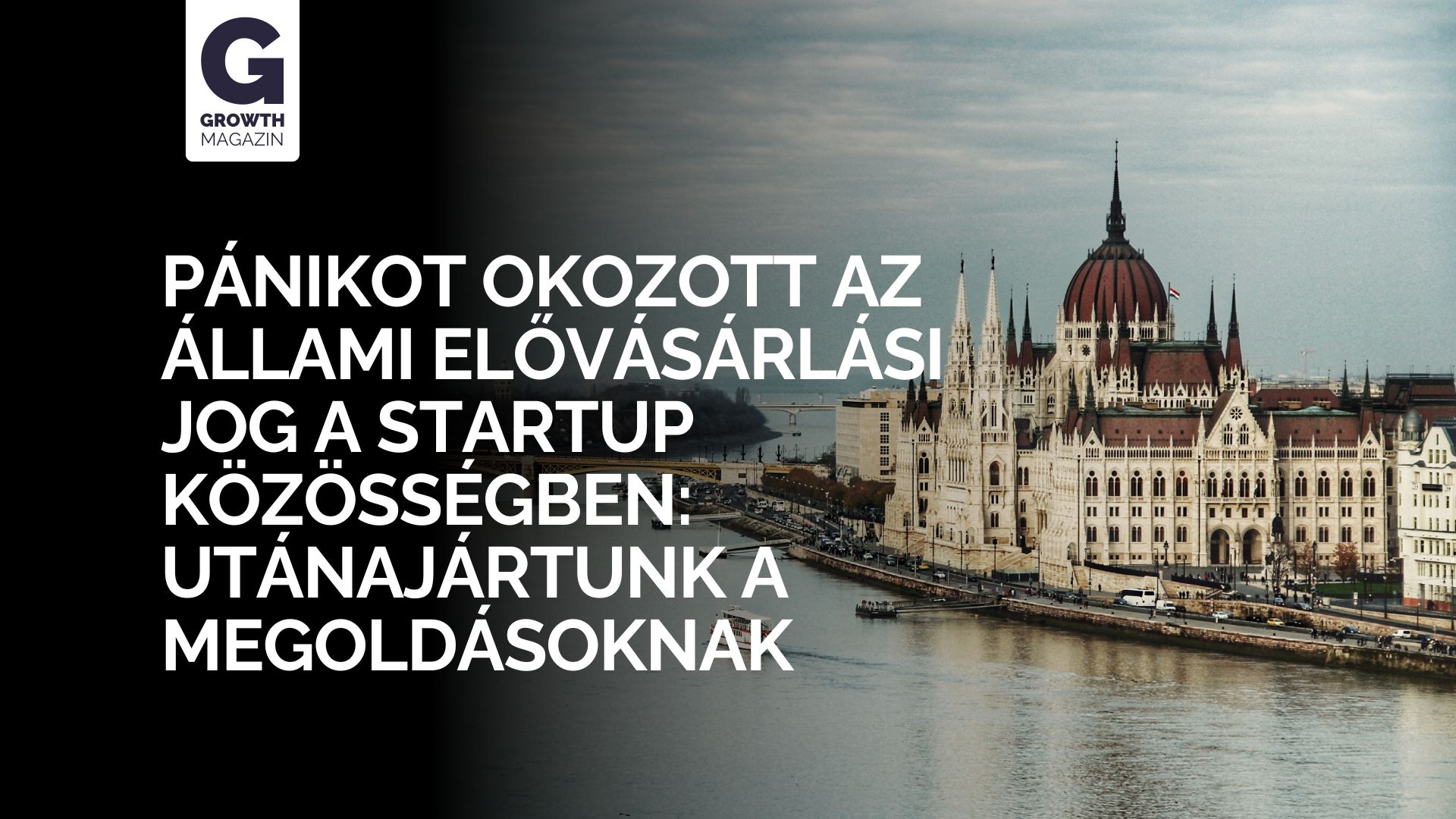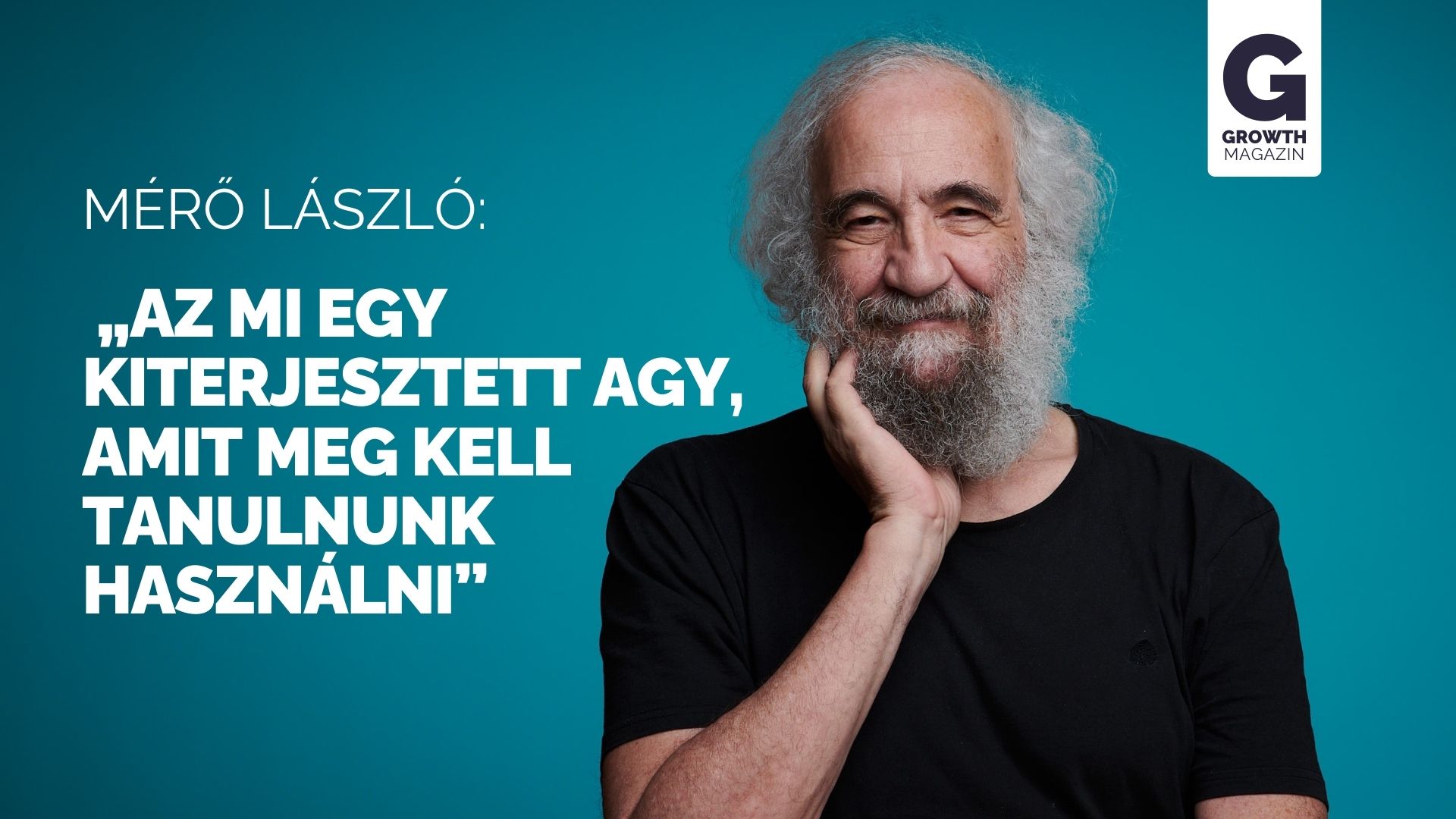Réka Bittera Co-Founder & CEO, (right) Csenge Tassonyi Co-Founder & COO (left)
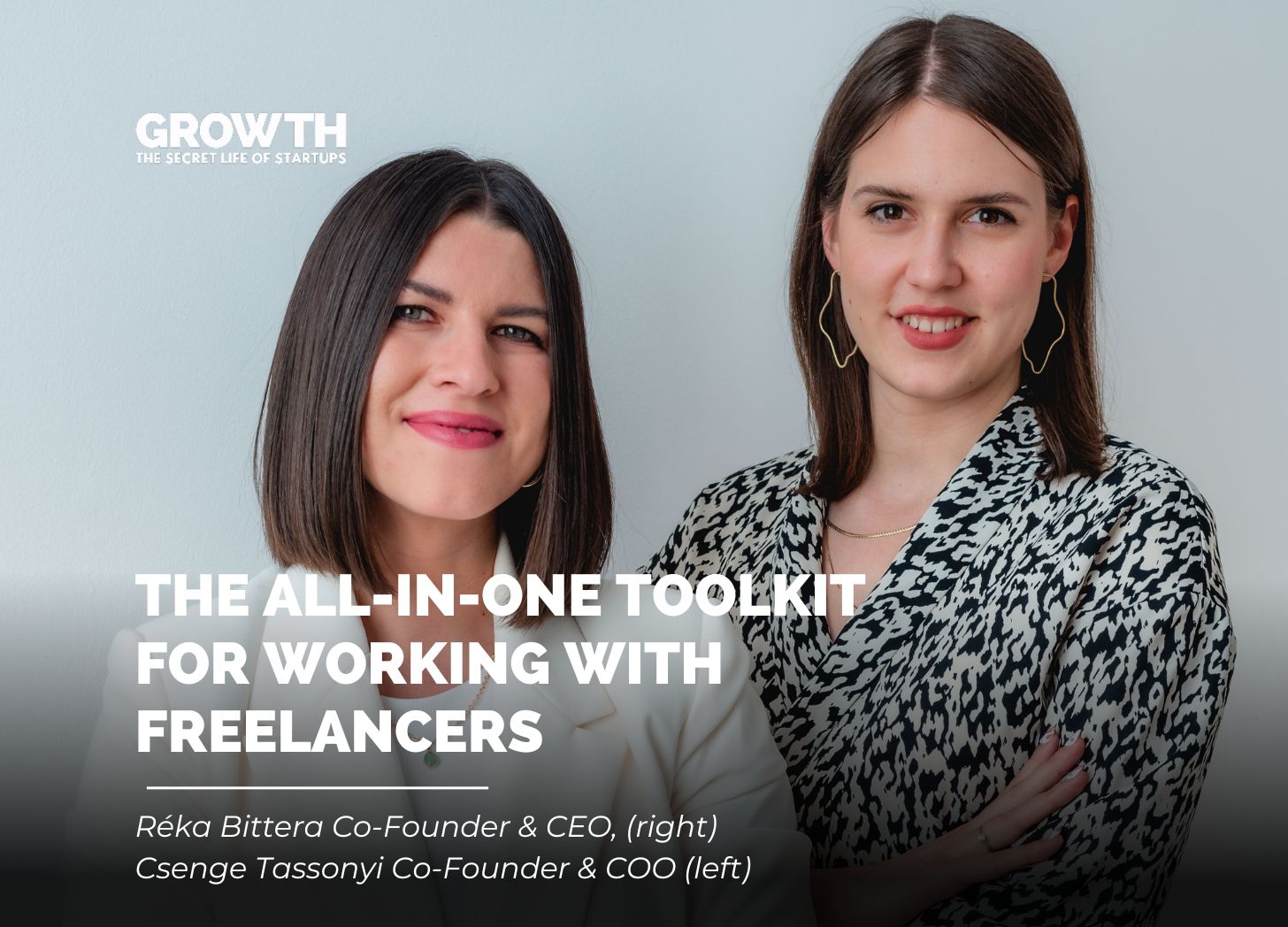
What is Briefly today and where do you think the startup is now?
Briefly is the all-in-one toolkit for working with freelancers. Briefly helps companies build their online talent pool and manage all their freelancers in one place while freelancers can find international, quality projects and can build long-term relationships with their favourite brands. Briefly is not just a freelancer platform, it’s a freelancer management tool, because it follows the clients’ processes when it comes to non-disclosure agreements, screening or onboarding process, user provisions, and payment approvals.
In the previous two years we iterated several times, because we believe that the best solutions never come from the founder’s heads, they come from the users. We started as a freelancer platform then became a quality assured freelancer platform and now we are a freelancer management tool with an unlimited pool and with that, we’ve found our product-market-fit. This status is best demonstrated by our long-term collaboration with Publicis Groupe, an internationally renowned advertising agency.
When was Briefly launched, what was its purpose and what gave birth to the idea?
We launched Briefly just before the pandemic started in 2020. Previously we worked at an advertising agency and we have often felt that we cannot reach our full potential. We wanted to try ourselves in different roles, but this was not possible within an agency. Then as freelancers, we had a much better partnership with the clients and even better work-life balance. We noticed that new career-related needs are emerging in our generation and we felt the power in ourselves to translate those needs into technological solutions. The rapid transformation of the labor market is not a question anymore, and companies who would like to be successful in the future need to adjust, because keeping a good workforce is a matter of their survival.
Another aspect why we’ve created Briefly is that with Csenge we worked at Uber as interns, and fell in love with the world of startups. It was so motivating to see how much change could be achieved with a small team and an innovative method, and we felt that we can create this atmosphere again by building a team of creative, like-minded go-getters.
Which period of the last year has been the most difficult and why? Fundraising was hard because the process takes a lot of the time and energy of the founders and at the same time we feel the pressure to grow faster, but for that we need a team, but we can only grow a team from the funding – so it’s an endless circle before the big success.
Building a good team is also difficult and last year we doubled the size of ours, but for us it’s a nice kind of difficulty. For us founders, the biggest motivator is our team now, but it was a hard process with huge learnings.
What has been the biggest lesson you’ve learned so far?
There are several lessons we’ve learned along the way both professionally and personally, but something we need to remind ourselves always is that you can’t pour from an empty cup. Burning out is a serious danger for startup founders. Even though you love what you do, you can still burn out and lose your motivation, and the smartest way to eliminate it is prevention. We try to incorporate smaller recharges into our daily lives and other inspiring activities from time to time to keep our creativity and motivation.
What are your North Star metrics and how can you measure your success?
Right now, our North Star metric is the number of new companies monthly that are starting to use Briefly for managing their freelance workforce. We just had a switch in our business model from commission based to subscription based revenue and it was not an easy process. The hardest part was that we actually lost clients in order to gain new clients whose needs we can solve better. We use OKRs (Objectives and Key Results) that helps every single team member, freelancer and collaborator to stick to our mission and vision.
Our mission is to transform the world of work and make it more sustainable and future-proof for companies, freelancers and employees as well. To make it possible for everyone to create a real and healthy work-life balance for themselves and others.
Our vision is to become the leading entity internationally in the world of freelancing. To create an ecosystem in which businesses and freelancers in the digital field can work together easily, seamlessly, and grow continually and steadily. To help businesses adapt to the changing world of work and become a new, future-proof business that takes into account the new, changing needs of their employees. To make it possible for people to make their work life fit into their personal life and goals perfectly, and to make the most of their careers as freelancers. We strive to create the tool that makes working together seamless and simple for all parties involved from freelancers through project managers to businesses and their executives.
What are some of the difficulties or challenges you face today and how do you deal with them?
We believe in a popular saying that the idea is 1% and the implementation is 99%, so we know that our team is our greatest value and we need to be good leaders for them. And it’s definitely a challenge, a really complex one including good delegation,setting reasonable deadlines, supporting individual career-goals, keeping them motivated and also enjoying the process. So far our best tactic is listening, often giving and receiving feedback and communicating the big goal we’re all working towards.
Data or intuition? How much has the data you have collected contributed to your current results?
I hate when people say ‘both’ for a ‘this or that’ question but now I have to. :) So the answer is data with intuition and here’s why. Data is the base of our operation and constant development. You just can’t build a startup without collecting as much data as you can. Our big decisions are always data and research based, because we know that we can’t know everything :) so we rely on the behavior and opinions of our users. But when it comes to sales, you really need intuition, you need to listen and connect with the other person, because it’s never just sales or business, we connect with people, we need to make our clients happy about their decision.
As a founder, what human characteristics do you think inhibit growth?
Persistence is essential, definitely. But we think that being a good founder, leader, and building something successful and meaningful needs a strong inner motivation. There are many different successful leaders in the world in terms of characteristics, but which is similar in them is they all had a vision and a personal connection to the problem they tried to solve.
Plus I think our superpower is that we are both go-getters, never afraid to ask for things in life and in business.
What are the next milestones for Briefly?
Going international. This year we start our international expansion to the Netherlands, then to the UK and then to the US. For the UK expansion we will need to fundraise again, but for that we will have a strong position in the Dutch market. The end goal is having long term clients from the US and then an exit of course.
If Briefly’s story was a movie, what would be the genre and which actor would star in it?
It would definitely be a romantic comedy with a happy ending, because we have a lots of f*ck-up stories we now laugh about and we truly believe in our big success so that means a happy ending. :) Anne Hathaway would definitely star in it, because she had great girlboss moments in her acting career (The Devil wears Prada, The Intern or Wecrashed), she’s smart, successful and really, just a good human being.

